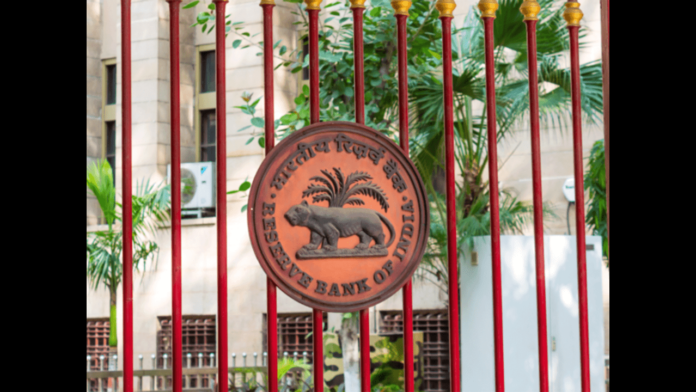The Reserve Bank of India (RBI) has revealed its plans to develop a lightweight and portable payment system, known as the Lightweight Payment and Settlement System (LPSS). This system is designed to function with minimal staff and can be operated from any location during natural disasters or times of war. Unlike the existing payment systems such as RTGS, NEFT, and UPI, which heavily rely on complex wired networks and advanced IT infrastructure, the LPSS will be independent of these conventional technologies.
In its annual report for 2023-24, the RBI emphasized the need for a lightweight portable payment system in the country, stating that catastrophic events like natural calamities and war could potentially disrupt the existing payment systems by disrupting the underlying information and communication infrastructure. Therefore, the central bank aims to be prepared for such extreme situations. The LPSS will operate on minimalistic hardware and software and will be activated when required. It will primarily process critical transactions that are crucial for maintaining the stability of the economy, including government and market-related transactions. Furthermore, the RBI outlined its agenda for the coming year, which includes the development of a resilient framework for structured oversight of centralised payment systems.
The framework, called Utkarsh 2.0, will set standards and guidelines for the oversight of systems like NEFT and RTGS. The central bank also expressed its intention to explore the feasibility of real-time payee name validation before fund transfers, aiming to enhance the payment experience and ensure the safety and efficiency of the payment systems. Overall, the RBI’s initiatives reflect its commitment to improving the resilience, efficiency, and safety of the payment ecosystem in India, especially in extreme and volatile situations.


